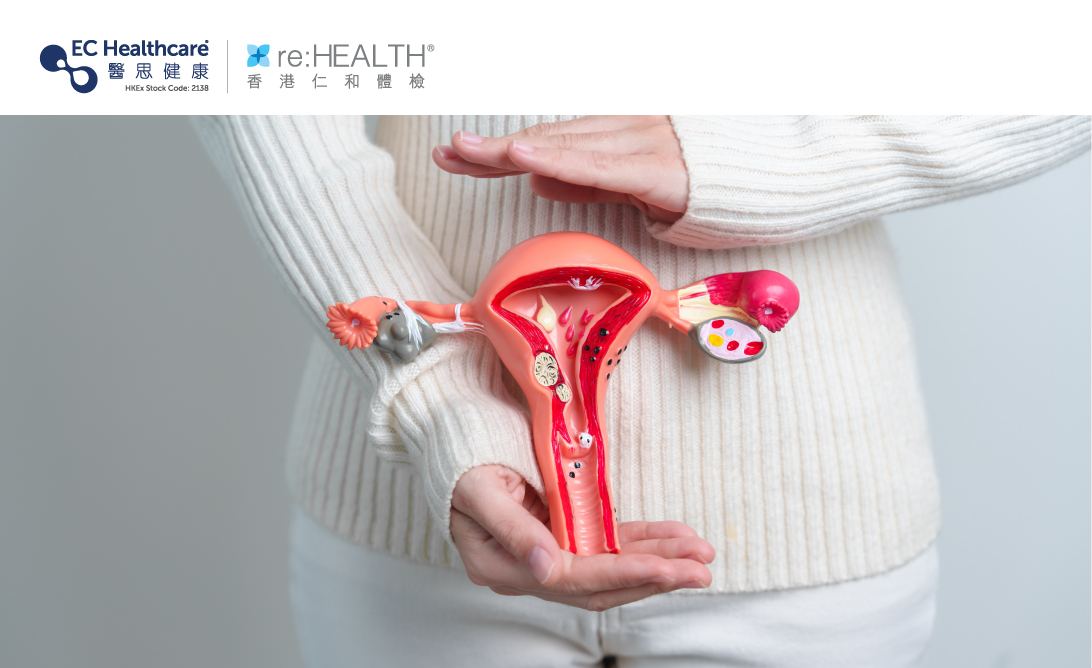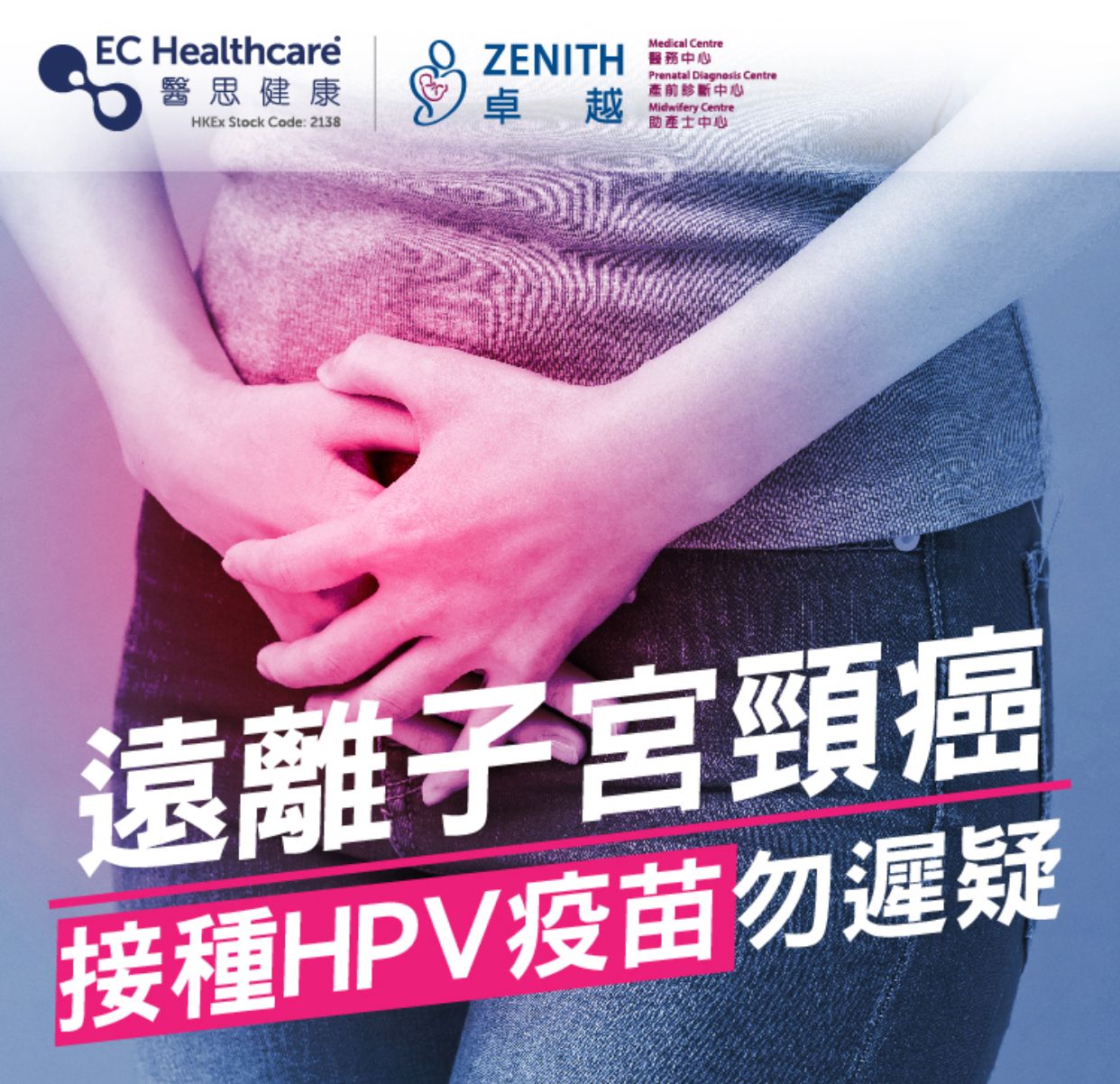Persistent Menstrual Cramps? A Potential Indicator of Cervical Cancer!


Menstruation is a monthly issue for ladies, yet some may endure significant discomfort during this time, even experiencing pain that persists. Persistent menstrual cramps are a common problem, often resulting from various medical conditions such as endometriosis, uterine fibroids, pelvic inflammatory disease, ovarian cysts, and more. Persistent menstrual cramps may contribute to injuries in the cervix, increasing the risks of cervical cancer.
What is cervical cancer?
Cervical cancer is a type of cancer that occurs in the cervix. It is usually caused by human papillomavirus (HPV) infection, which is primarily spread through sexual activity. After being infected with HPV, most people’s immune systems can clear the virus on their own. However, if the infection persists, the virus may attack the cervix and increase the risk of cervical cancer.
How can I prevent cervical cancer?
-Pay attention to your health
You should pay attention to your health status and maintain good lifestyle habits by not smoking, controlling weight, exercising moderately, etc. This can reduce the risk of developing cancer. Plus, it's best to avoid having too many sexual partners to reduce the risk of HPV infection.
-Get vaccinated against HPV
The HPV vaccine is one of the best ways to prevent cervical cancer. The vaccine can protect against the most common types of HPV that typically cause cervical cancer. The vaccine is usually administered during adolescence or before adulthood for females to protect their health and lower the risk of cervical cancer.
-Receive regular gynaecological examinations
Regular gynaecological examinations are another way to prevent cervical cancer. Women are recommended to receive yearly gynaecological examinations to detect early signs of cervical diseases, such as precancerous lesions of the cervix. Early detection and treatment can effectively reduce the risk of cervical cancer. During a gynaecological examination, the doctor will collect cervical cell samples for a cervical cytology test, also known as a "Pap smear". This test can identify abnormal cells and facilitate timely treatment.
To promote convenient self-testing, re:HEALTH introduces CerviClear Urine-Based HPV Self-Sampling Kit. Women can collect their urine sample at home, without the hassle of visiting a hospital or gynaecological clinic.
-The world’s first urine-based HPV screening
-Carries CE mark
-Utilises a high-risk HPV detection technology developed by New Horizon Health
-Non-invasive and pain-free process
-Detects all 14 high-risk HPV types
-Delivers over 94% accuracy
-Guarantees privacy, convenience and speed
CerviClear Urine-Based HPV Self-Sampling Kit is a convenient, accurate and privacy-protected method that helps women detect and prevent cervical cancer at an early stage.


If you experience persistent menstrual cramps, seek medical help as soon as possible.
Related Brands









